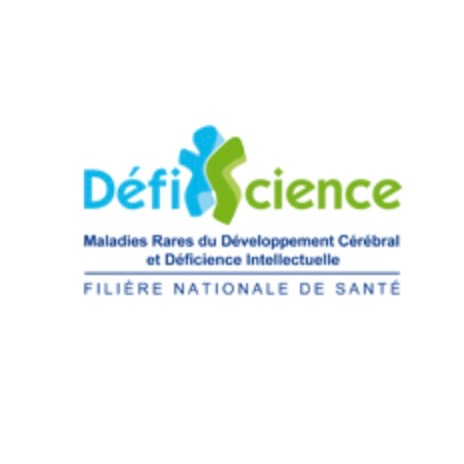In Sélestat, a remarkable advance is taking shape in September with the launch of the Superbranche pilot plant. This start-up, resulting from collaboration with CNRS, is dedicated to the development of nanomaterials aimed at cancer diagnosis and therapy. With a recent fundraising round of 13 million euros, it is preparing this strategic installation that promises to accelerate medical innovations and open new therapeutic perspectives.

Table des matières
ToggleThe inauguration of a pilot plant dedicated to nanomaterials in Sélestat
The Strasbourg biotechnology company, Superbranche, is about to take a new ambitious step with the establishment of a pilot plant in Sélestat, scheduled for September. This major facility focused on the development of nanomaterials brings together a set of advanced technologies for cancer diagnosis and therapy. Thanks to a recent fundraising of 13 million euros, Superbranche aims to industrialize its processes to the clinical grade, which could significantly transform the treatment of oncological diseases.
Economic and technological impacts
The creation of this pilot plant in the Bas-Rhin is accompanied by the creation of several direct jobs, thereby contributing to energizing the local economy. The Sélestat site will become a nerve center for innovation in the field of nanotechnology. The economic fallout could be considerable, as this installation will offer opportunities in terms of employment and training in cutting-edge professions.
Technologically, the plant will focus on the production and development of theranostic nanoparticles. These will be based on a proprietary technology of dendronized iron oxide nanoparticles, aiming to significantly improve the efficacy and safety of treatments for patients. Superbranche, relying on technological excellence, thus proposes an innovative approach to combat cancer in a more targeted and personalized manner.
The revolutionary potential of Superbranche
Since its creation in 2019, Superbranche has demonstrated its potential to push the boundaries of biotechnology. Originating from CNRS, it is developing guided therapy and advanced diagnostic solutions. The company has strategically positioned itself on the treatment option through hyperthermia, an innovative technique that uses heat to target and destroy cancer cells. The construction of the Sélestat plant thus represents a crucial step in realizing its ambitions and industrializing its unique processes.





